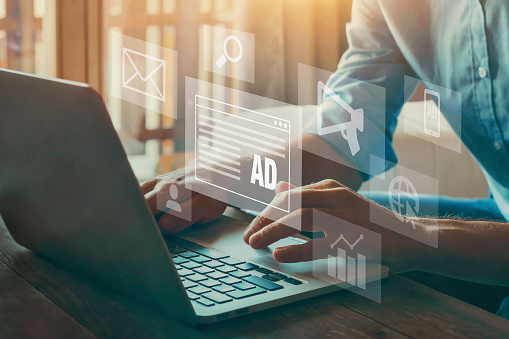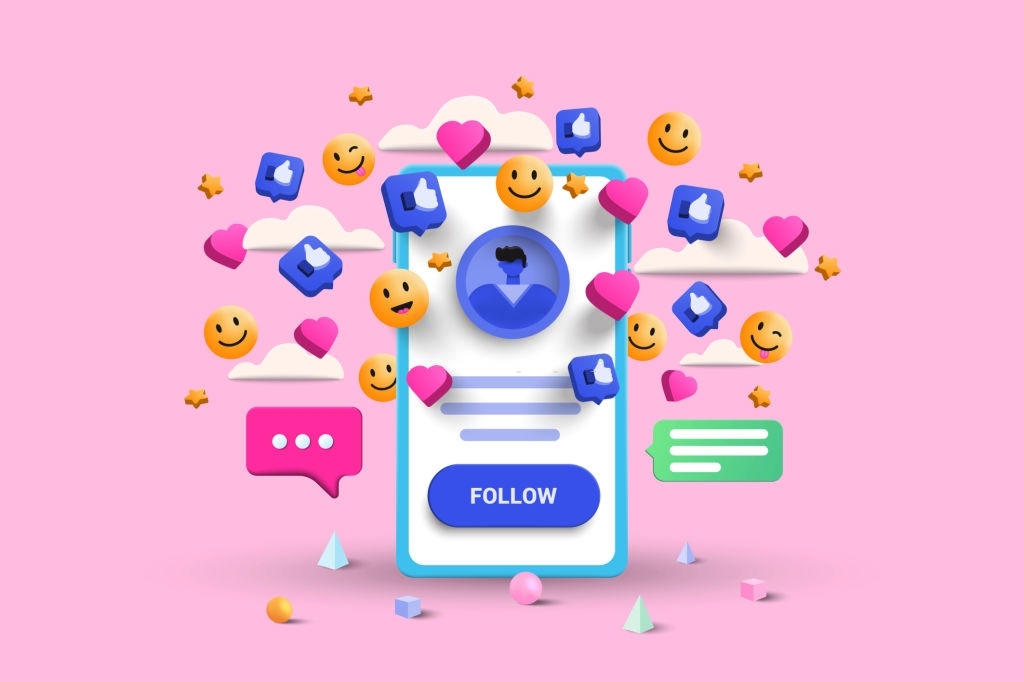What trends will change the world

Artificial Intelligence (AI) and Machine Learning (ML)
Artificial Intelligence (AI) refers to the simulation of human intelligence in machines that are programmed to think and learn like humans. Machine Learning (ML) is a subset of AI that involves the development of algorithms and statistical models that enable computers to learn from data and make predictions or decisions without being explicitly programmed to do so.
AI and ML are important because they allow computers to process and analyze vast amounts of data, make predictions, and perform tasks that were previously only possible for humans to do. This has the potential to revolutionize many industries and improve efficiency, productivity, and decision-making. Additionally, it can also help in solving complex problems that were previously unsolvable.
In today’s world where huge amounts of data is being generated, AI and ML are also used to analyze and extract insights from this data, which can be used to improve business operations, personalize customer experiences, and develop new products and services. They are also being used in various industries like healthcare, finance, transportation, and manufacturing, to improve efficiency and effectiveness.
How youtube was a big technological advance
YouTube was a significant technological advance because it allowed for easy sharing and viewing of user-generated video content on the internet. Prior to YouTube, the process of uploading and sharing video online was difficult and required significant technical knowledge. YouTube’s user-friendly interface and ability to handle large video files made it possible for anyone to upload and share their videos with a global audience. A lot of experts give tips for more YouTube audiences. Youtube career is something of a new era job for humanity.
Internet of Things (IoT)
The Internet of Things (IoT) refers to the connection of everyday devices and appliances to the internet, allowing them to collect and share data. These “smart” devices, which can include everything from thermostats and home security systems to industrial equipment and medical devices, are outfitted with sensors and other technologies that enable them to communicate with one another and with other systems.
IoT is important because it allows for the collection and analysis of large amounts of data from a variety of sources, which can provide valuable insights and enable automation of processes. This can improve efficiency, reduce costs, and improve the quality of products and services.
In addition, IoT can enable new business models and revenue streams, such as predictive maintenance and remote monitoring of equipment. It can also improve safety, for example by allowing for the monitoring of the elderly and people with chronic conditions, and can improve the overall quality of life.
IoT is also seen as a key enabler for Industry 4.0, it allows for the interconnectivity of manufacturing equipment and systems, enabling new levels of automation, efficiency, and flexibility.
5G networks
5G is the fifth generation of mobile networks, and it represents a significant advancement in mobile technology. Some of the key features of 5G networks include:
Increased speed: 5G networks have the potential to offer significantly faster download and upload speeds than previous generations of mobile networks.
Greater capacity: 5G networks have the potential to support many more devices than 4G networks, which can enable new use cases such as IoT.
Improved reliability: 5G networks are designed to be highly reliable, which can enable new use cases such as remote surgery and autonomous vehicles.

